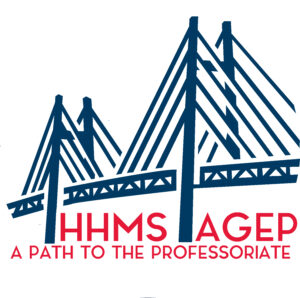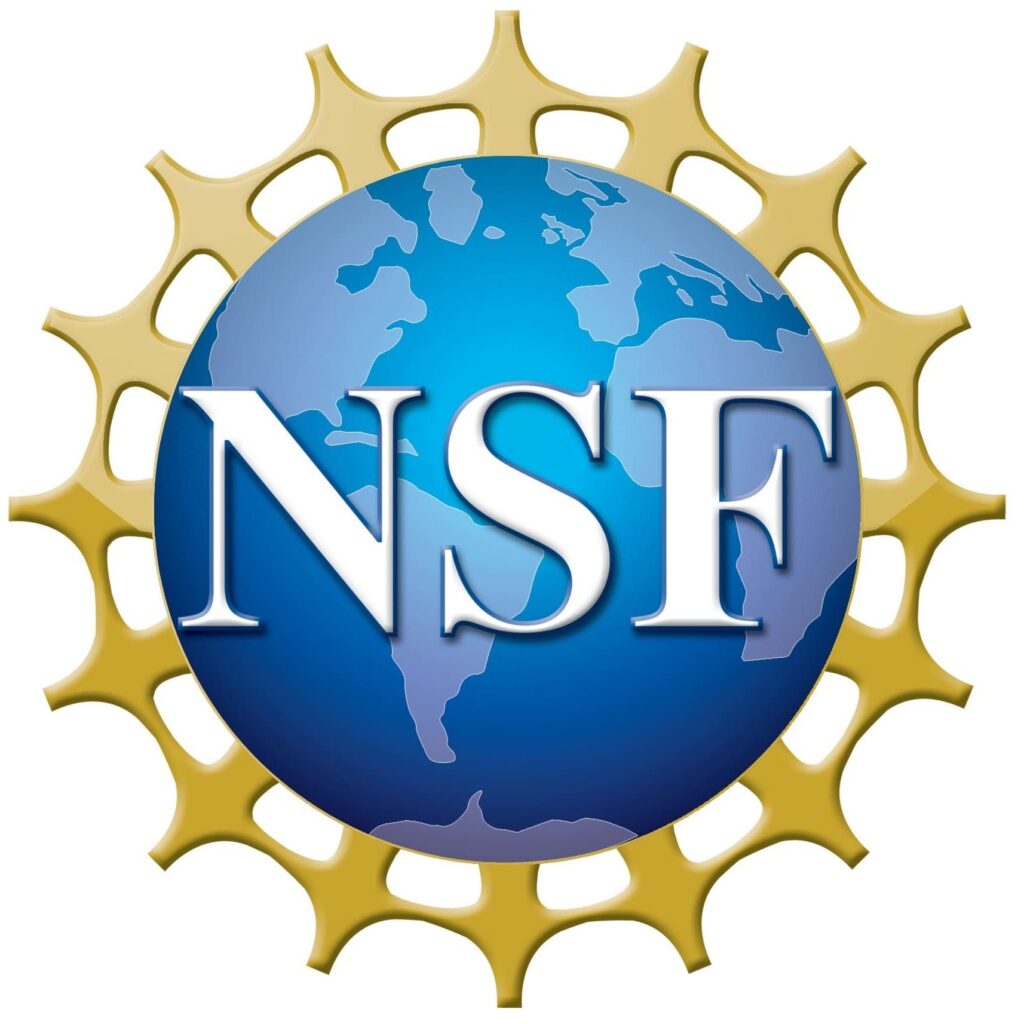Howard, Hampton and Morgan State (HHMS) Universities have a shared common mission of educating underrepresented minorities (URMs), dating to the founding of each institution. HHMS Universities have worked collaboratively for several decades to leverage their individual strengths in order to increase URMs educational training as well as research productivity. Further, HHMS Universities have previously worked with some of the Institutions in the CCN and have established MOUs and articulation agreements. The myriad of connections of all the institutions in the AGEP HHMS Alliance, the personal and the professional commitment of everyone in the Alliance will aid in ensuring the Program’s success and sustainability.
Specifically, the Alliance activities outlined in the proposal will be sustained through each HHMS-AGEP Alliance previously established Faculty Development or Teaching Excellence Centers. The Program will also be incorporated in each STEM discipline outlined in the proposal. As best practices are developed and adapted, mechanisms for institutionalization will be promoted for adoption by the Principal Investigators of the Proposal who all have decision making-power for their respective Universities.
- Sustainability of Courses
- Level II courses will not only continue, but as they will be evaluated and revised over the course of the program, new and improved versions of the courses will continue to be available at all institutions in the AGEP HHMS Alliance post funding. Specifically, these courses will be available for integration into existing professional development program at the home institutions, used to train teaching assistants, or simply be used as micro credentials. Sustainability of courses can further be ensured by making them available to students and postdocs whose institutions are part of the CIRTL Network of Universities increasing the Network repertoire of course offerings.
- Sustainability of Diversifying the Professoriate Institute
- The AGEP HHMS Alliance intends to refine the Diversifying the Professoriate through continuous evaluations, so that it becomes a national exemplar in attracting students interested in the professoriate. We expect this program to be self-sustaining post funding since all participating institutions and attendees of the Summer Institute will contribute via registration fees. Additional supporting funds for the Institute will be solicited from the host institution as well as Special Events Sponsors.
- Sustainability of Apprenticeship at Community Colleges
- The inherent reciprocity in level III activities will go a long way in guaranteeing its sustainability. The CCN benefits immediately by increasing their potential faculty applicant pool with highly qualified applicants of color, who will already be acclimated to the specific culture of the college and accessible for hire. The addition of well-qualified URM faculty will likely reduce the high rate of attrition of URMs attending community colleges. This reduction could be attributed to increased visibility of successful role models with whom students can identify and emulate. The Research Universities stand to benefit from the relationship since their increased visibility on the CCN campus will increase the pipeline of community college students transferring to their institutions, improving overall enrollment.

